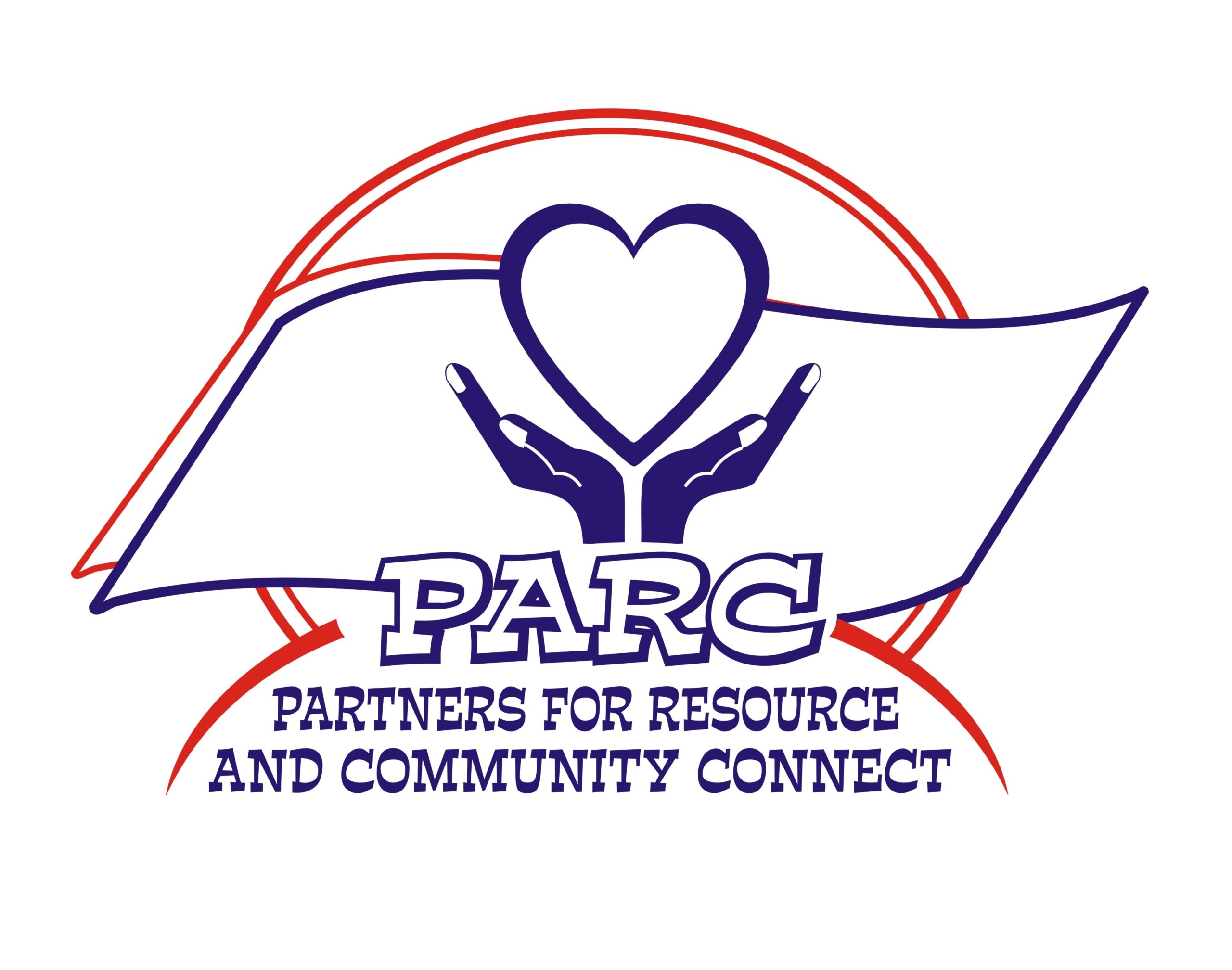Children Belong in Families, so we must strengthen and equip families to care for vulnerable children in their communities – this is only possible by building the skills and competence of the community and developing their leadership capacity to be continually progressing toward self-sustainability.
While many orphaned children in Uganda live with a caring grandmother or aunt, they remain socially isolated and out of school, in addition to continuously experiencing poor health and hunger. Although many families desire to provide these things for their children, they lack the ability and/or the resources to do so!
Our enterprise model is not only about equipping the youth and women with life skills, but also giving them equipment to set up the business after completing the training program – we will give equipment loans which they can then pay in small installments while earning a livelihood.
PARC makes every effort to keep vulnerable children in the safety nets of their families and the community. All our projects are directed towards strengthening and equipping families to care for, protect and support orphans and vulnerable children in their communities. We are using multiple interventions to ensure that we not only empower children, but rather increase household incomes and, as a result, the families will be able to provide for their children’s needs. We are working towards this by:-
TAILORING AND KNITTING
ART AND CRAFT
This project is part of the psycho-social support program whose primary objective is to use crafts (Art-Craft) as a form of art therapy for vulnerable children and women/ girls, and /or others who have gone through various traumatic situations and challenges including sexual exploitation and abuse, HIV/AIDS, gender and domestic violence, and conflicts (tribal conflicts or wars).
This project is based in promoting recycling and up-cycling concepts of sustainability. This project will help the community members (children, youth, and women) to create beautiful items made from waste materials and/or natural fibers, hence contributing to ecological (environmental) sustainability. The project involves providing training, materials (including equipment) with a key focus on creating jewelry (earrings and necklaces), baskets, handbags, home decor items, and greeting cards that can be marketed both locally and internationally, as well as establishing and/or reinforcing linkages with global to help buy products upfront at a fair prices or connecting the producers with international markets in order to strengthen economic opportunities for local artisans.
All products are handmade with or from locally sourced and eco-friendly materials and/or natural fibers. Recycled materials include but not limited to paper/ magazines/posters, cow-horns, discarded bottles, cans, wood, traditional African fabric, and cement. Natural fibers include but not limited to banana fiber (stems/ bark and leaf stalks), palm leaf (raffia) papyrus. Recycled materials vary, so please understand that there may be some color variations on each product. For example, a white handbag might not be entirely white. When products made by the Art-Craft center are sold at sold, 70% of the profit returned to the individual who produced them to contribute towards the day to day needs or savings – enabling them to take care of themselves and their families, while the other 30% goes directly back to sustaining the programs and maintaining the center.
APPRENTICESHIP
This is a social business project that will allow the youth and women to learn and develop a specific skill set empowering them to become sustainable. Working in partnership with local organizations, we will provide young adults, women, and other vulnerable groups with the life-changing opportunity to physically attend a workplace for hands-on training in a particular field of interest either at our own centers (tailoring workshop, ART & Craft center, or computer center) or via local entrepreneurs (in fields of a beauty salon, carpentry, or mechanic (motor repair).
This project not only gives our young apprentices (learners) practical, transferable skills including entrepreneurship knowledge but also enhances their ability to secure future employment – setting them up for a financially sustainable life and enable self-sustainability for the individual.
As part of the project, we are looking to support those who successfully complete this training by giving them tools for business (so they can implement what they learned and start earning) as well as transfer their business skills to the community. In addition, the apprentices (learners) will be encouraged to form groups (clusters) according to their locations through which they can get more training and save for the future.
